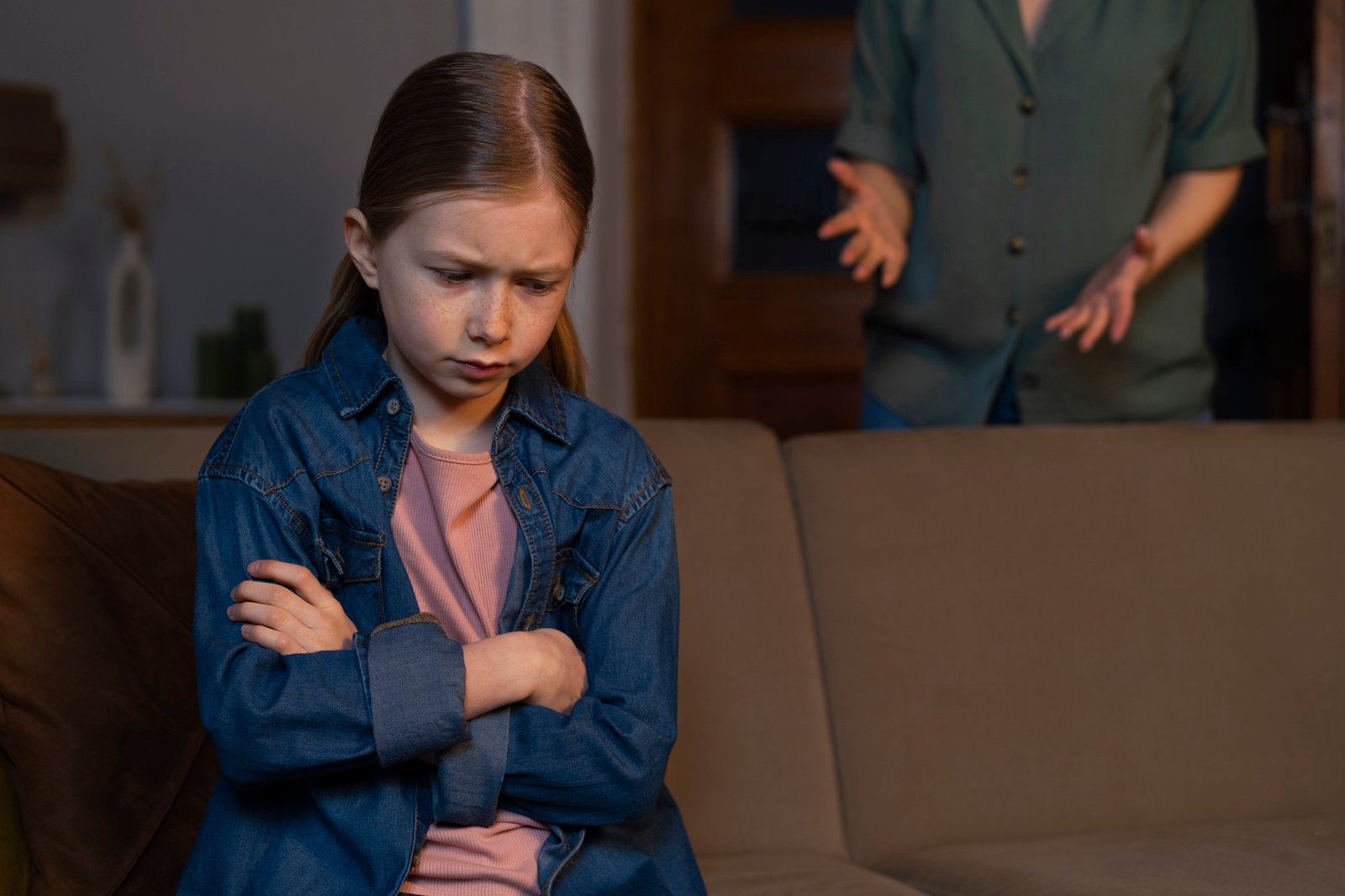What is Oppositional Defiant Disorder (ODD)?
Oppositional Defiant Disorder (ODD) is a mental health condition often diagnosed in childhood, marked by ongoing patterns of defiance, irritability, and hostile behavior toward authority figures, such as parents, teachers, or other adults. While occasional frustration and disobedience are normal, ODD symptoms are more intense and frequent, exceeding what’s typical for a child’s age and development.
ODD behaviors include:
- Persistent arguments and defiance toward adults
- A consistently angry or irritable mood
- Frequent, severe tantrums beyond the age of 4
- Purposefully annoying others and being easily annoyed
- Blaming others for mistakes or misbehavior
- Showing spitefulness or vindictive attitudes
These behaviors can disrupt a child’s daily interactions and relationships at home, in school, and with peers.
Signs and Symptoms of Oppositional Defiant Disorder (ODD)
Children with ODD may:
- Lose their temper frequently
- Argue with adults over rules or trivial matters
- Refuse to follow rules and behave uncooperatively
- Intentionally annoy others and become quickly annoyed themselves
- Blame others for their actions
- Display spiteful or vengeful behavior
These behaviors are only considered symptoms of ODD when they are more severe and persistent than what’s developmentally typical, causing difficulties in a child’s social or school life.
Causes of Oppositional Defiant Disorder (ODD)
While the exact cause of ODD is unknown, several factors may contribute to its development, including:
- Family history or genetic predisposition
- Environmental factors, like parenting style and reactions to the child’s behavior
- Neurobiological factors, such as chemical imbalances in the brain
Treatment of Oppositional Defiant Disorder (ODD)
Treatment is tailored to each child, considering their age, symptom severity, and any co-existing conditions (e.g., ADHD, learning differences, OCD). Common treatment methods include:
- Parent Management Training (PMT): PMT is the main approach for ODD, teaching parents how to reinforce positive behaviors and manage negative ones at home. It often involves multiple sessions where parents learn to implement effective reinforcement and consequence strategies.
- Psychotherapy:
- Cognitive Behavioral Therapy (CBT): This individual therapy helps children recognize the connection between their thoughts, emotions, and behaviors, equipping them to change negative thinking patterns. CBT may include anger management strategies for ODD-related anger issues, and in older children, it can include problem-solving and perspective-taking skills.
- Family-Focused Therapy: This therapy involves both the child and family, addressing family dynamics, improving communication, and promoting problem-solving skills. It can help the family identify and address any home-life factors contributing to the child’s behavior.
- School-Based Interventions: Supportive measures within the school environment, like specialized education plans and teacher support, can enhance a child’s social skills, adherence to rules, and classroom behavior.
Together, these therapies aim to improve behavior, foster healthy relationships, and support a child’s success both at home and school.
